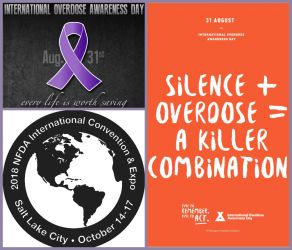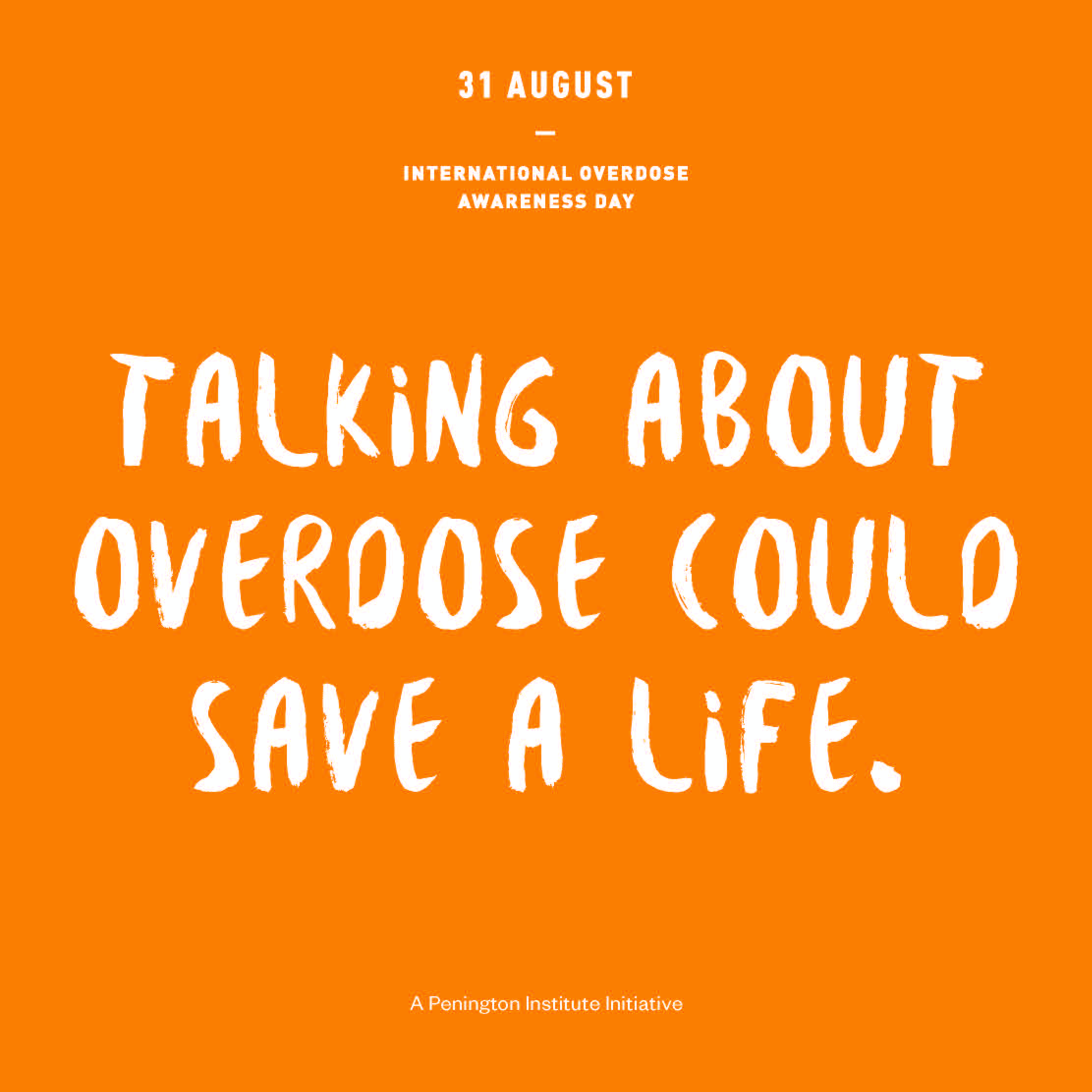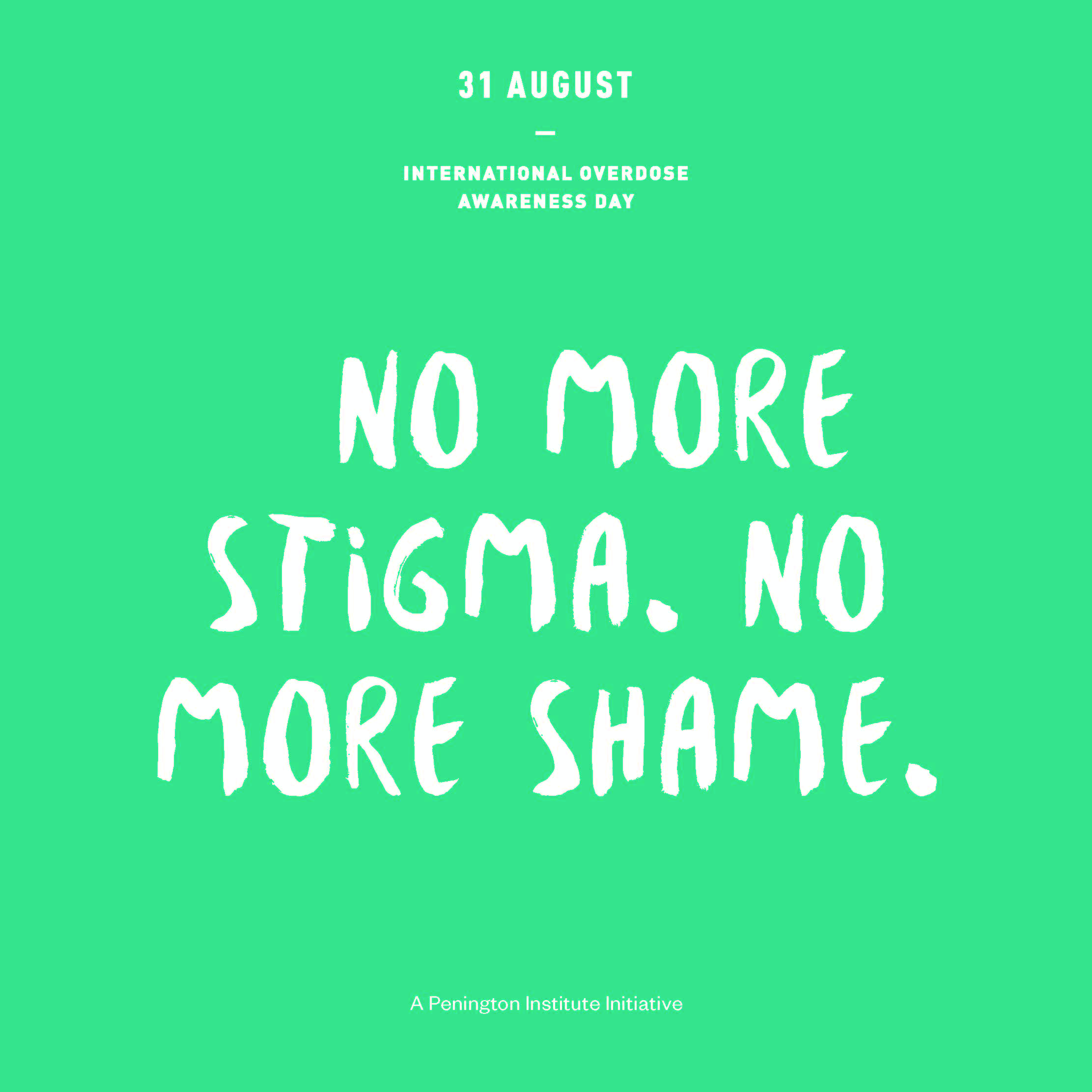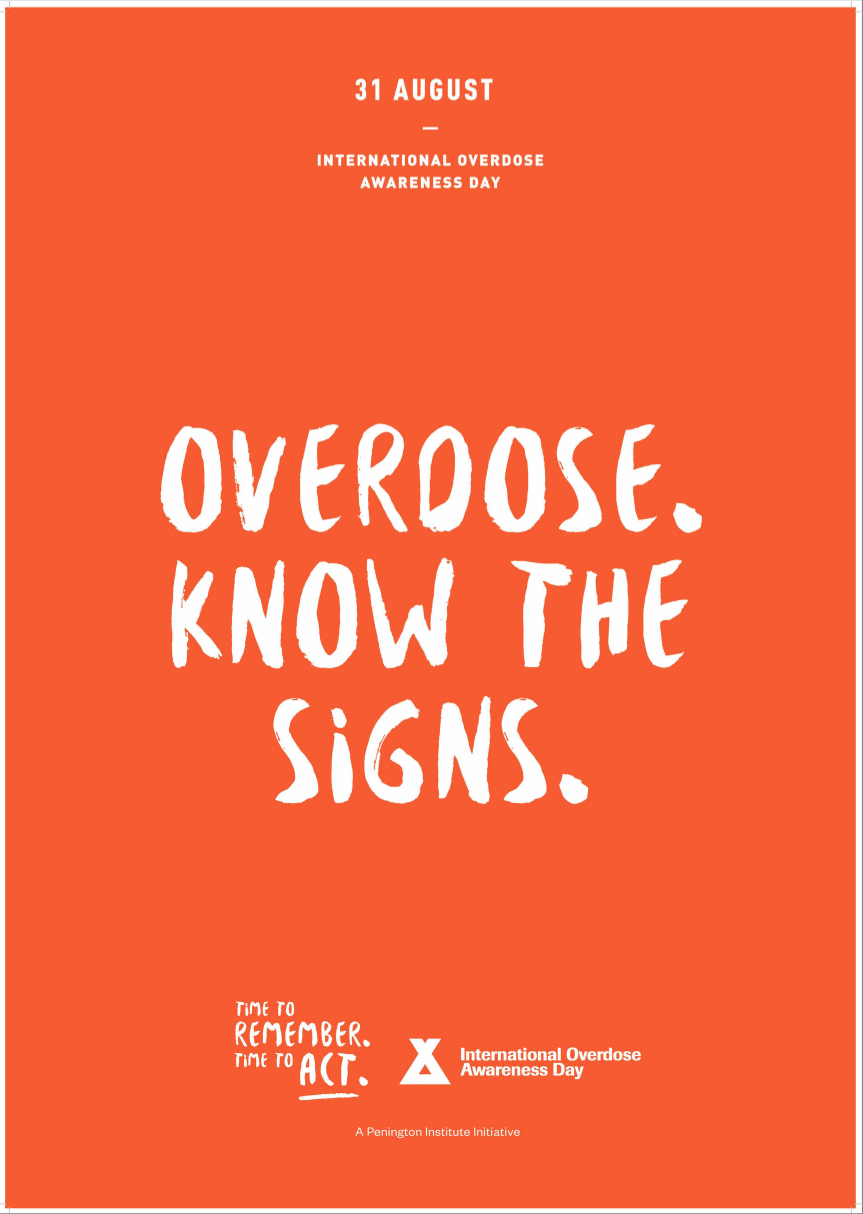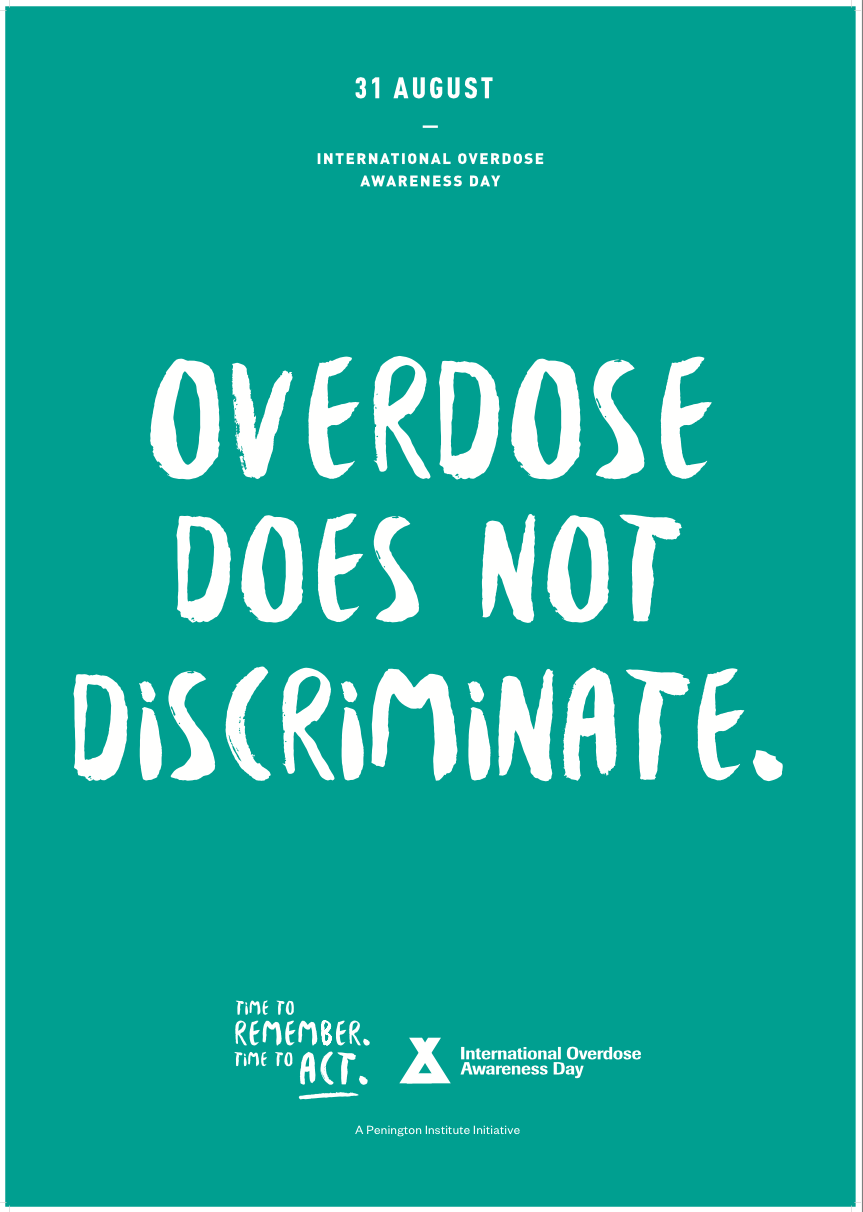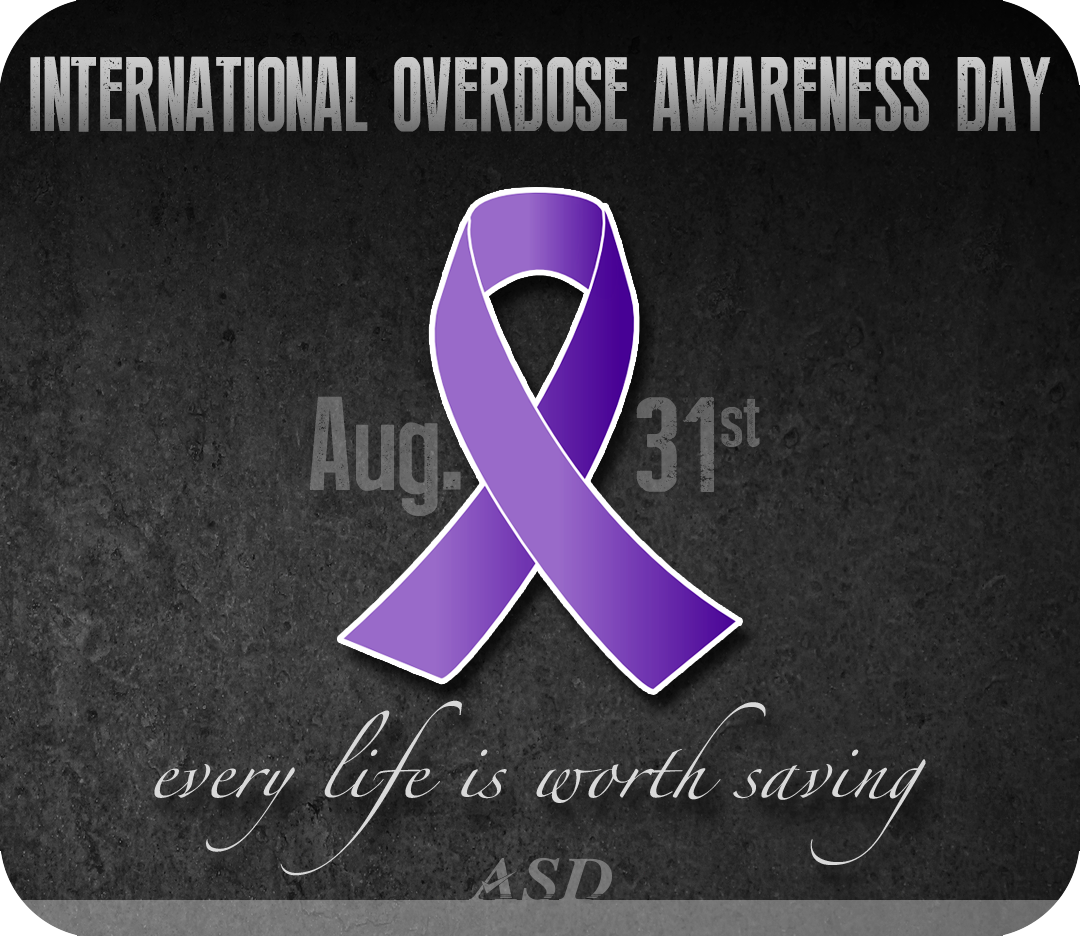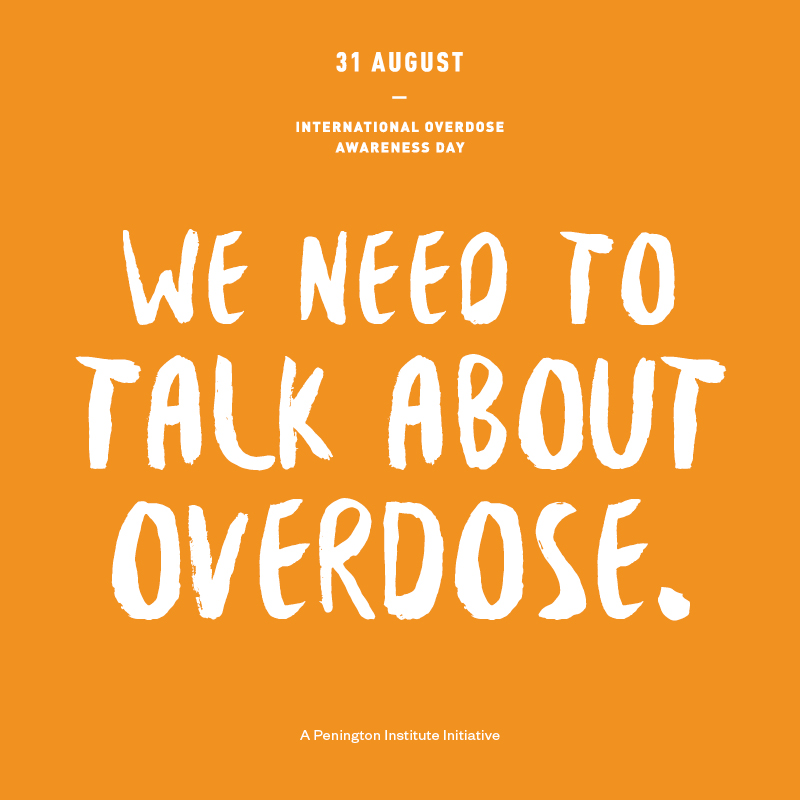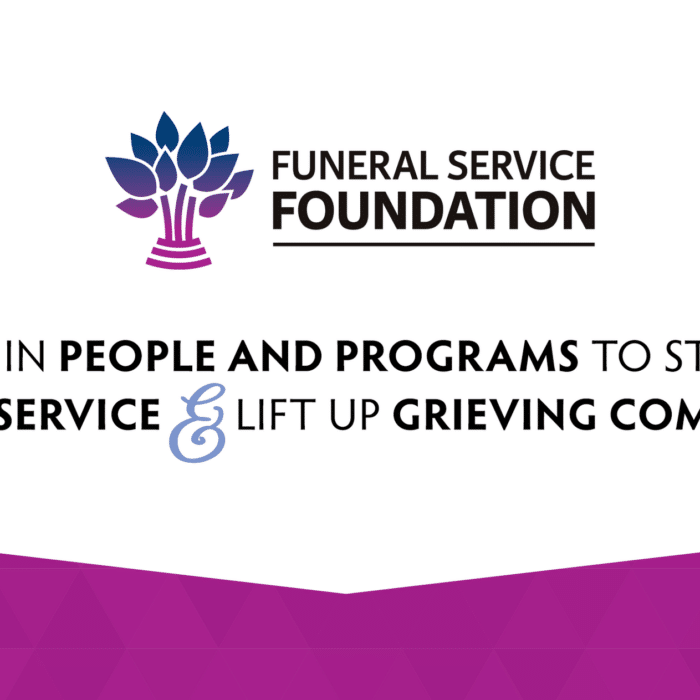Aug 28, 2018
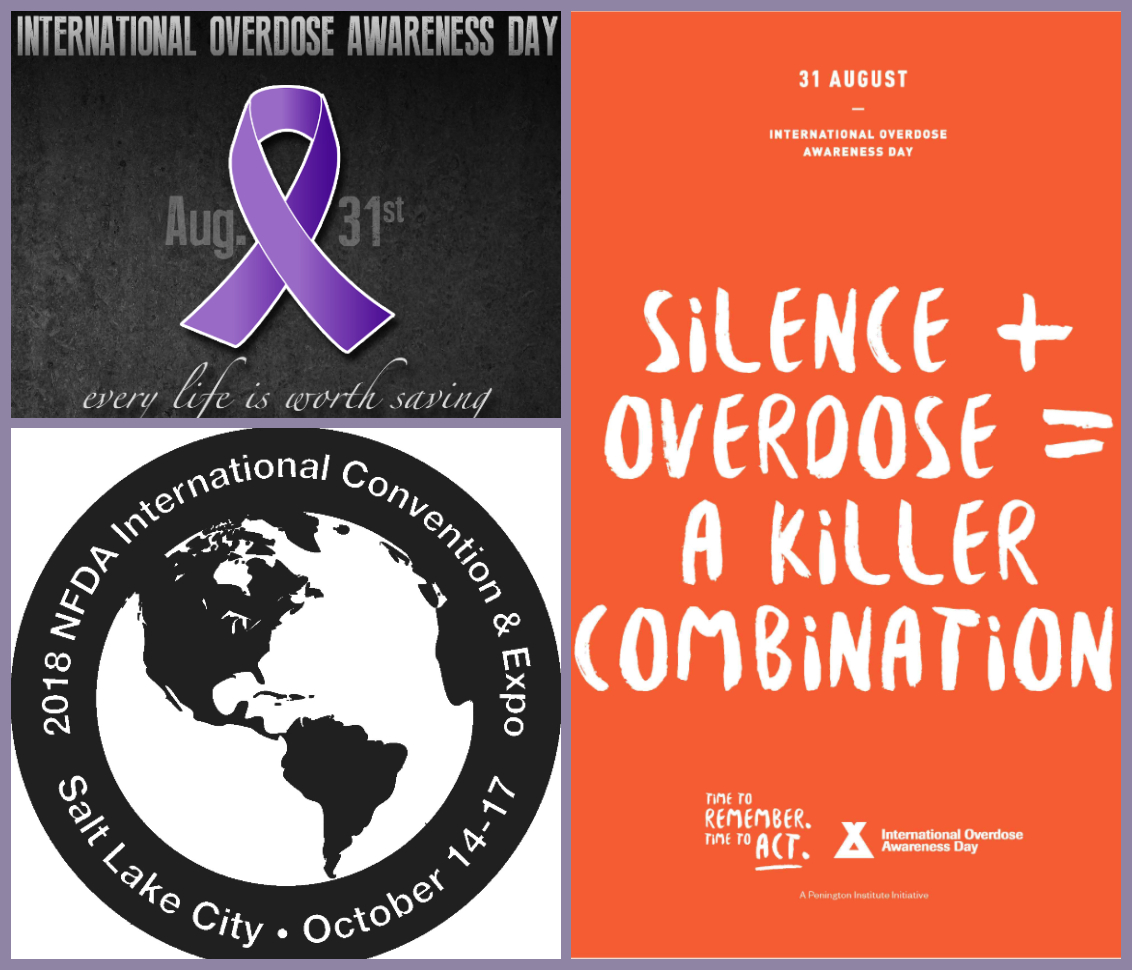
There
are those that want to ignore it. People who say things like
“ignorance is
bliss”
, “It’s not like there is anything I can do about it,” or, worse
yet,
“it’s not something I’ll ever have to worry about.”
There
are those who want to simplify it. Those who swat the air and say,
“If those
darn [police officers, doctors, border agents, therapists or other scapegoated
group] would just do their jobs, we wouldn’t have this problem.”
There
are those who want to vilify its victims. Hard-hearted individuals who can
shrug away millions of deaths with a sentence like,
“what’s one more junkie?”
Then,
there are those who want to help, those who want to chip away at this
mountainous problem in search of a sliver of light. It’s not easy to stay
committed to this fight when every day, more people are becoming addicted to
deadly substances while more families are saying goodbye to loved ones whose
time was cut short by this poison. It takes conscience effort to not allow it
to turn you cynical, to not retreat into a less evolved mindset— to turn off
the voice in your head that says, “I should protect my own heart instead. It’s
not like I can really make a difference here.”
Those
who are on the front lines of this issue are reminded on a daily basis of the
many ways a drug overdose brings destruction in it’s wake. In the past, I have
written about my own experiences and the collateral damage this crisis leaves
behind. From
losing my father in 2005 at the age of 19 (the first time I
ever heard the word fentanyl) to watching so many friends and peers succumb to
drug addiction in recent years—I often feel like I can’t escape from under the
shadow of this epidemic. It hovers over my life, reminding me always that I am
a part of a lost generation gradually being killed off…and I feel powerless to
stop it.
On a
personal level, I have really struggled to control this jaded mindset from darkening my thoughts, which led me to wonder what it must be like for
funeral directors. The frequent contact you have with overdose cases no doubt
has a cumulative impact. The substance abuse problems in our country have so
many angles. Like the sun destroying a comet in space, the problem has become
so massive we can’t even see a full picture of the destruction it is causing.
The full extent of the ripple effect it has triggered most likely won’t even be
wholly understood for years to come.
It
seems fairly obvious death care professionals would be severely affected from
seeing case after case of young people dying preventable deaths. Yet, there are
no universities or mental health organizations out there studying
the impact such cases might have on funeral directors. With so many problems stemming from
the opioid crisis, the role our profession plays is just a blip in the radar of
public consciousness.
For
the
National Funeral Directors Association, however, the shattering
after-effects this epidemic has had on directors have not gone unnoticed. Far
from it. When I looked through this year’s lineup of
convention sessions and seminars, I felt compelled to applaud the association for their selection of
convention programming. The NFDA has demonstrated their understanding of the
full scope of this crisis by offering four different sessions that cover
several major areas in which substance abuse related issues could impact the
work and life of a funeral director.
Here
is how the 2018 NFDA Convention Will Tackle the Opioid Epidemic From Every
Angle
Prevention
In so
many areas of the country, when a funeral director’s phone rings he or she is
thinking, “please don’t let this be another drug-related case.” Most would give
up any amount of business to keep the flood of overdose deaths out of their
local area. It is a very difficult thing to have to see a friend bury their
child, or to handle a funeral for your child’s very good friend. Funeral
directors do so much to support and help these families, but many have been
deeply impacted by witnessing so many young lives taken too soon and the
unbearable grief that follows an overdose. More than anything, the people in
the funeral profession wish to see these deaths stop occurring.
At
the NFDA Convention, a Conversation Café entitled,
Community Outreach and
the Opioid Epidemic: How to Reverse an Overdose with NARCAN
will take
place from
12:30p-2p on Tuesday, October 16. The session will be presented by Peter Sadler of Utah Naloxon and will focus on ways funeral directors can help
prevent drug-related deaths in their local area. From tips on creating a
community campaign to raise awareness about the dangers of substance abuse, to
learning how to administer NARCAN if an overdose were to occur in your funeral
home, this is an important conversation you won’t want to miss.
If
you’re like me, you often feel helpless in the face of this massive problem–
but participating in a discussion like this can do a lot to empower you to keep
fighting back and trying to make a difference.
Grief Support
In
June, I published an
Overdose Grief Support Resource List on ASD’s blog
detailing different support groups offered nationwide that help families
impacted by a drug-related death. Many of those who have lost a loved one to
this epidemic feel like silent casualties because of the social stigma attached
to an overdose. These families often believe they have no place or outlet to
talk about the difficult emotions associated with this complicated type of loss. Giving
families a forum to share their experiences with one another will only help
illuminate possible solutions. I believe real change can only be achieved if
honest conversations like this are encouraged and supported.
Fortunately,
several organizations are now making in roads to bridge this gap and help
families find the bereavement support they need. One of the organizations
included in our resource list was the
New York State Funeral Directors
Association, which has really taken the lead on this issue within our
profession. Since last year, the association has been offering
training classes
that teach funeral directors how to launch a grief support group for those
impacted by an overdose. Participants are taught how to facilitate meaningful
conversations that help families feel less isolated in their grief.
This
program is spearheaded by
Marianne Schrom, Director of Engagement &
Outreach for the NYSFDA, and
Kelly Dietz, Director of Foundation &
Core Programs. These two women have initiated so many discussions within our
profession related to the need for specialized bereavement support for families
shattered by the drug epidemic. During the NFDA convention, directors will have
an opportunity to hear from Marianne and Kelly about what they’ve learned after
holding these training programs. Their session,
Supporting Families After
an Overdose Death
will be held during the convention on Monday,
October 15 from 7:30a-8:30a
. Directors in attendance will learn how to find
appropriate grief resources to provide to families after a drug-related
death.
This
will be one of the most important and timely sessions to be held at this year’s
NFDA Convention and I am hoping to see a full room of funeral directors in
attendance.
Internal
Personnel Concerns
Studies
have found that a number of risk factors can make a particular profession or
job more likely to have higher rates of drug abuse and addiction. Funeral
professionals are often put under a great deal of pressure, having to walk on a
delicate tightrope juggling multiple tasks without ever appearing unbalanced.
This high-stress work environment is often compounded by emotional distress,
long hours and intense labor. These combined risk factors can make funeral
professionals more prone to self-medicate due to work-related stress.
For
owners and managers, the need to support funeral home employees who may be
struggling with these issues is paramount. However, it can be difficult to
recognize warning signs as many addicts are also high-functioning individuals.
At the NFDA Convention,
Dr. Steven Bentsen, MD, will provide an overview
of the opioid crisis, risk factors, early intervention strategies and workplace
concerns. The session will examine treatment resources, workplace drug testing,
EAP programs and long-term recovery matters to help funeral professionals be
proactive in providing resources to their staff. The session,
Recognizing
Substance Abuse in the Workplace
will be held on Tuesday, October 16th from 9:45-10:45a.
Memorialization
When
a person overdoses from lethal drugs, their loved ones are almost always left in
a state of disbelief. Even if the person had been struggling with their
addiction, there is no way to prepare for the sudden absence of a relative or
friend. There is an extra layer of grief attached when those left behind feel
as though a loved one’s life was cruelly and abruptly cut short by something
that could have been prevented. These feelings also occur when a life is taken
due to suicide or violence. In many cases, the complex emotions and extreme
grief will make it tremendously difficult for families to make decisions about
funerals or how to memorialize their loved one.
At
the NFDA Convention, a session entitled,
Every Life Deserves A Tribute
will take place from 8-9a on Wednesday,
October 17
. The session, led by Gail Marquardt (NFDA Vice President)
and
Matt Baskerville (Reeves and Basketville Funeral Home) will examine
the intense emotions and stigma associated with tragic deaths. Gail and Matt
will explain how funeral professionals can guide families through the fog of
grief to give them an opportunity to plan a meaningful tribute for their loved
one. Attendees will also learn about a new NFDA program being introduced with
public service announcements directors can use to encourage families to
memorialize their loved ones, regardless of their manner of death.
August 31 is International Overdose Awareness Day – a day to remember those we’ve lost to addiction and speak openly about solutions to the drug epidemic gripping our nation. A few
years ago, I never would have imagined myself speaking out about the opioid
epidemic so publicly and so often. I am a fairly private person, but this topic
has driven me out of my shell and into so many meaningful conversations. A big
reason for that is the people I have encountered within this profession who are
so passionate about bringing about positive change. I owe a great deal of
gratitude to
Marianne Schrom from the NYSFDA who first asked me if I would be
willing to share my story. Since then, I have received emails from people all
over the country wanting to connect because reading about my experiences helped
them feel less alone in their grief.
What
this has taught me is staying silent, ignoring the problem and blaming a
scapegoated group (or the victims themselves) will only exacerbate this
problem. We are stronger together and we have to collectively work together. Only
by furthering this dialogue can we ever end this terrible epidemic that has
gripped our nation.
With
this year’s convention programming, the NFDA has demonstrated how committed the
association is to doing everything possible within our profession to combat
this epidemic.
Come be a part of this important conversation at the
2018 NFDA Convention, October 14-17 in Salt
Lake City, UT
. I look forward to forging connections with those as
passionate as I am about finding solutions to this crisis.
RELATED READING:
There’s More than Meets The Eye at the 2018 NFDA International Convention & Expo
7 Ways Grief is Compounded by an Overdose Death
Helping Families With Grief Support After An Overdose
Funeral Homes and The Opioid Crisis: Resources and Examples to Follow
Images shared via International Overdose Awareness Day.
About The Author
Jess Farren (Fowler)
Jess Farren (Fowler) is a Public Relations Specialist and Staff Writer who has been a part of the ASD team since 2003. Jess manages ASD’s company blog and has been published in several funeral trade magazines. She has written articles on a variety of subjects including communication, business planning, technology, marketing and funeral trends. You can contact Jess directly at Jess@myASD.com
